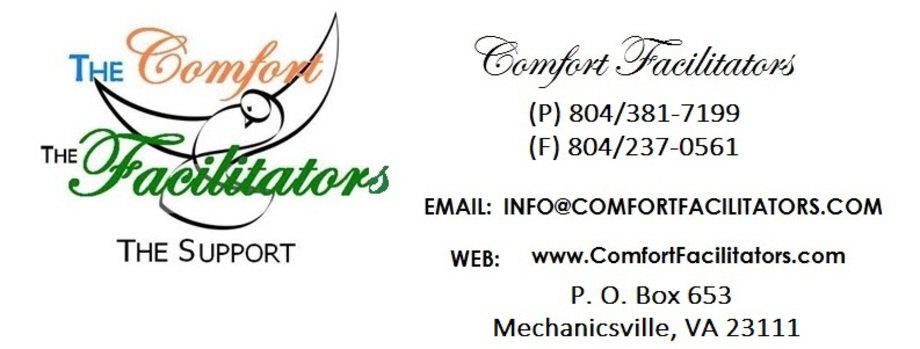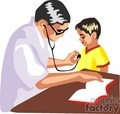
Early Periodic Screening Diagnosis and Treatment ("EPSDT")
NOTE: As of September 1, 2018, all individuals under the age of 21 is required to have a DMAS 7 completed by his/her doctor annually.
CLICK LINK TO DOWNLOAD AND PRINT FORM.
Early Periodic Screening Diagnosis and Treatment (EPSDT) Behavioral Therapy Program
The Virginia Medicaid Program covers Behavioral Therapy for eligible individuals through the Early Periodic Screening Diagnosis and Treatment (EPSDT) program. This chapter provides details of EPSDT Behavioral Therapy including the definition of the service, individual eligibility requirements, provider requirements and the service authorization process.
EPSDT is Medicaid’s comprehensive and preventive child health program for individuals under the age of 21. Federal law (42 CFR § 441.50 et seq) requires a broad range of outreach, coordination, and health services under EPSDT distinct from general state Medicaid program requirements. EPSDT is geared to the early assessment of children’s health care needs through periodic screenings. The goal of EPSDT is to assure that health problems are diagnosed and treated as early as possible, before the problem becomes complex and treatment more costly. Examination and treatment services are provided at no cost to the member.
Any treatment service which is not otherwise covered under the State’s Plan for Medical Assistance can be covered for a child through EPSDT as long as the service is allowable under the Social Security Act Section 1905(a) and the service is determined by the Department of Medical Assistance Services (DMAS) or its agent as medically necessary. Determination of whether a service is medically necessary must be made on a case-by-case basis, taking into account a particular child’s needs.
DEFINITIONS:
Assistive technology device - Any item, piece of equipment or product system, whether acquired commercially off the shelf, modified, or customized, that is used to increase, maintain, or improve functional capabilities of children with disabilities. DMAS allows reimbursement for assistive technology through the Durable Medical Equipment program and Early and Periodic Screening, Diagnosis, and Treatment Services’ (EPSDT) assistive technology benefit. Please refer to these manuals for specific guidelines.
Applied Behavior Analysis (ABA) - ABA means the practice of behavior analysis as established by the Virginia Board of Medicine in § 54.1-2900 as the design, implementation, and evaluation of environmental modifications using behavioral stimuli and consequences, to produce socially significant improvement in human behavior, including the use of direct observation, measurement, and functional analysis of the relationship between environment and behavior.
Behavioral Therapy - Systematic interventions provided by licensed practitioners within their scope of practice defined under state law or regulations and covered as remedial care under 42 CFR 440.130(d) to individuals younger than 21 years of age in the individual’s home. Behavioral therapy includes, but is not limited to, ABA. Services are designed to enhance communication skills and decrease maladaptive patterns of behavior which, if left untreated, could lead to more complex problems and the need for a greater or a more restrictive level of care. The service goal is to ensure the individual’s family is trained to effectively manage the individual’s behavior in the home using behavioral modification strategies.
DSM - The Diagnostic and Statistical Manual of Mental Disorders (DSM) is the standard classification of mental disorders used by mental health professionals in the United States. It is intended to be applicable in a wide array of contexts and used by clinicians and researchers of many different orientations (e.g., biological, psychodynamic, cognitive, behavioral, interpersonal, family/systems).
Licensed Behavior Analyst (LBA) - An individual who is licensed as a Behavior Analyst by the Virginia Board of Medicine.
Licensed Assistant Behavior Analyst (LABA) - An individual who is licensed as an Assistant Behavior Analyst by the Virginia Board of Medicine. Licensed Assistant Behavior Analysts must work under the supervision of a Licensed Behavior Analyst.
Licensed Mental Health Professional (LMHP) - As defined in 12VAC35-105-20, refers to a physician, licensed clinical psychologist, licensed professional counselor, licensed clinical social worker, licensed substance abuse treatment practitioner, licensed marriage and family therapist, or a certified psychiatric clinical nurse specialist.

